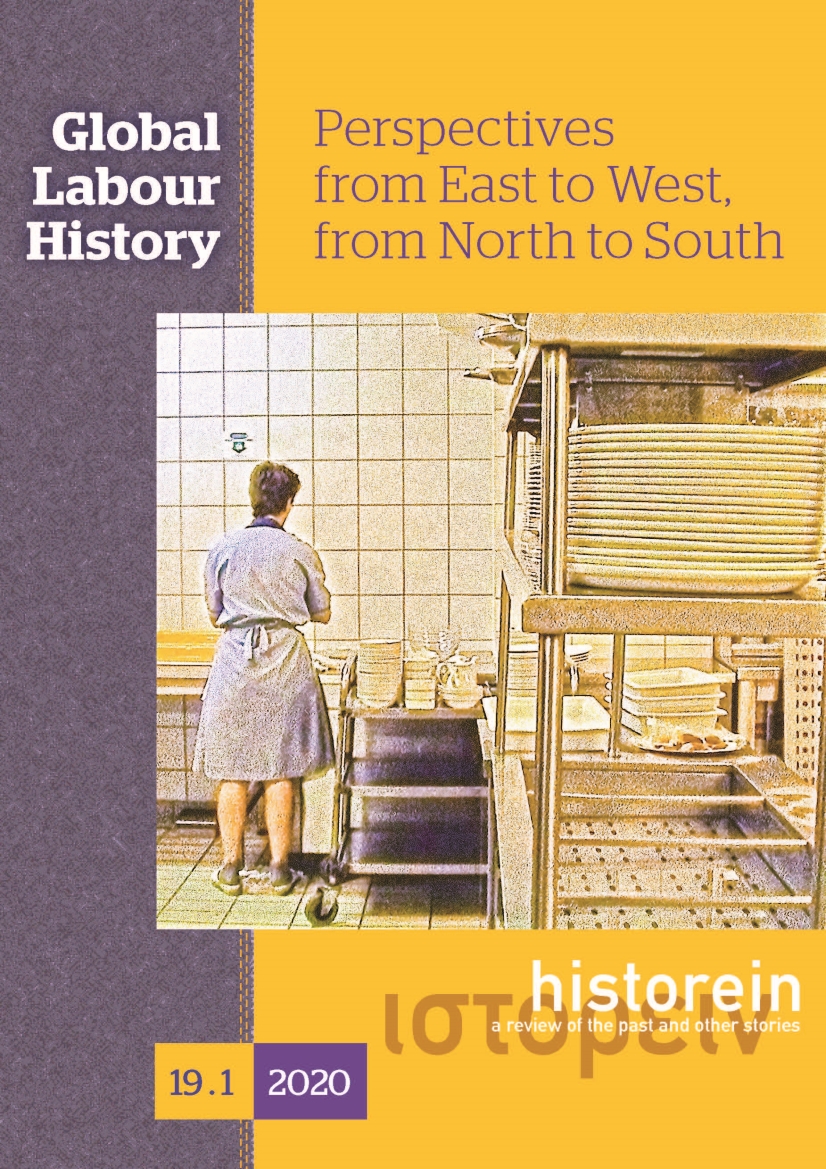Forms of Unfree Labour in Brazil: Dealing with Racism and Racialisation in Amazonian Agriculture

Abstract
Unlike many other countries, the Brazilian state has created institutions and actions against unfree labour. In addition, unfree labour is a topic that appears in popular media as well as in scientific research. Poverty is generally attributed as the only factor making people vulnerable to the promises of labour recruiters, while the intersection between class and race is denied. In this article, which takes the Brazilian example, racism is seen as a structural element of unfree labour. Two factors play a big role in this intersection: first, structural racism and, second, racism as a theory of legitimation. As regards the first, imagined races influence one’s chances of having a good education as well as lead to segregation in the job and housing markets, etc. Black people in Brazil are more likely to be poor and have lower chances of upward mobility. As these structures are also mirrored in unfree labour formation, most of unfree labourers in Brazil are black, even though skin colour does not constitute a factor for labour recruiters or estate owners in choosing labourers. As regards the second, when poor people are racialised, they are ascribed specific characteristics. These mostly legitimise their subordinated position as well as their poverty. In Brazil, it could be argued that the category of the peão de trecho (migrant labourer) has been racialised. This group of subaltern labourers are seen as totally irrational people who do not possess the ability to plan their future, but who could be, with the correct guidance, potentially good labourers. Therefore, the exploitation of the peões de trecho is attributed to their characteristic traits and not to labour relations. Additionally, structural factors – as, for example, the lack of access to basic resources – are negated, making poverty a problem of merit and not of chances. Using the example of unfree labour in Brazilian agriculture, this article presents racism and racialisation as factors structuring the labour market as a whole.
Article Details
- How to Cite
-
Harnoncourt, J. (2020). Forms of Unfree Labour in Brazil: Dealing with Racism and Racialisation in Amazonian Agriculture. Historein, 19(1). https://doi.org/10.12681/historein.18612
- Section
- ARTICLES

This work is licensed under a Creative Commons Attribution-NonCommercial-ShareAlike 4.0 International License.
The copyright for articles in this journal is retained by the author(s), with first publication rights granted to the journal. By virtue of their appearance in this open access journal, articles are free to use (with the exception of the non-granted right to make derivative works) with proper attribution for non-commercial uses (licence Creative Commons 4.0). EKT/NHRF retains the worldwide right to reproduce, display, distribute, and use articles published in Historein in all formats and media, either separately or as part of collective works for the full term of copyright. This includes but is not limited to the right to publish articles in an issue of the Journal, copy and distribute individual reprints of the articles, authorize reproduction of articles in their entirety in another EKT/NHRF publication, and authorize reproduction and distribution of articles or abstracts thereof by means of computerized retrieval systems.

